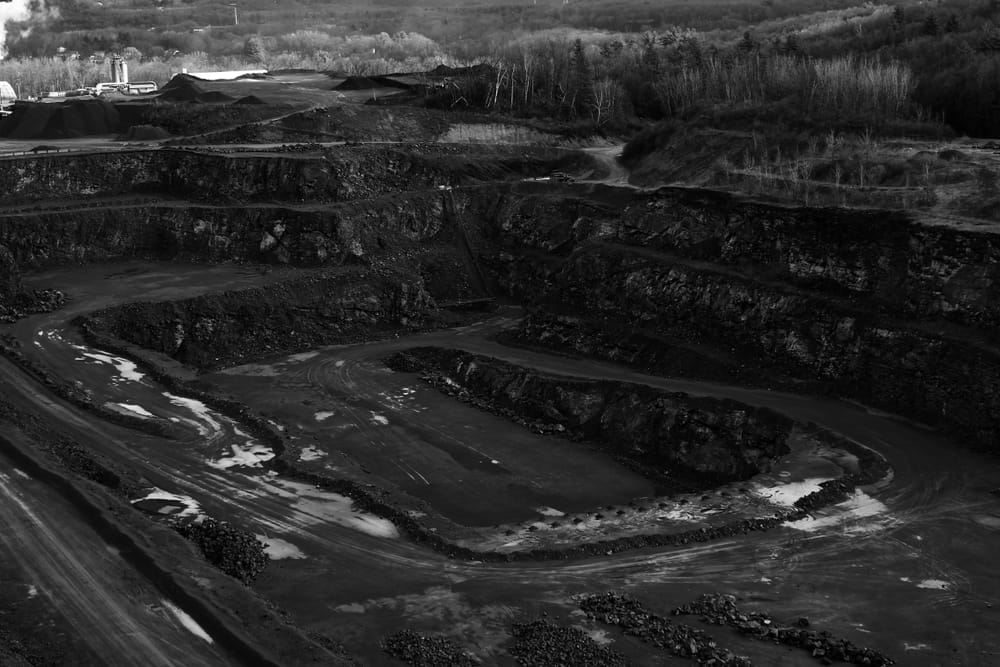Amazon 2-day shipping has spoiled us. Be honest, how often do you sit and think about the journey your order takes before it gets to your door? I'm willing to bet it’s not too often (except maybe when you get that tracking number). But behind every delivery is a global shipping industry that’s quietly one of the biggest contributors to climate change.
Net-Zero Overnight Shipping
The shipping industry is responsible for moving over 80% of the world’s trade, and it’s facing a major challenge: achieving net-zero emissions by 2050. Powered almost entirely by fossil fuels, the sector accounts for approximately 3% of global CO2 emissions. Despite growing pressure to decarbonize, most of the world’s fleet still burns oil—living, quite literally, in a different world.
While the sector has begun experimenting with cleaner fuels—like methanol, biofuels, and even nuclear—each option faces hurdles. Methanol and biofuels, while promising, have limited supply and energy density compared to traditional fuels. LNG, a lower-carbon fossil fuel, cuts emissions by about 20%, but that’s still not enough to meet global climate goals. Even nuclear, though emission-free, faces steep public and regulatory challenges. Each alternative holds promise but underscores how far the industry has to go.

Changing of Tides
But change is on the horizon. Regulation is stepping up, with the International Maritime Organization (IMO) rolling out non-binding targets, and the European Union enforcing an emissions trading system. By 2027, the IMO is expected to introduce the world’s first global charge on shipping’s greenhouse gas emissions, signaling a more aggressive push toward decarbonization. And major companies like Maersk are investing in alternative fuel ships, while giants like Amazon and IKEA are demanding near-zero-emission services. Alongside these shifts, new technologies like wind-powered sails and onboard carbon capture are beginning to emerge as well.
As the world demands faster shipping and lower emissions, the industry is at a critical crossroads. Continued innovation, investment, and regulatory action will determine whether shipping can evolve into a green powerhouse or remain a stubborn outlier in the fight against climate change. With so much at stake, the world will be watching—and waiting—for the shipping sector to set sail toward a sustainable future. Maybe they should start including emissions alongside your tracking number.








